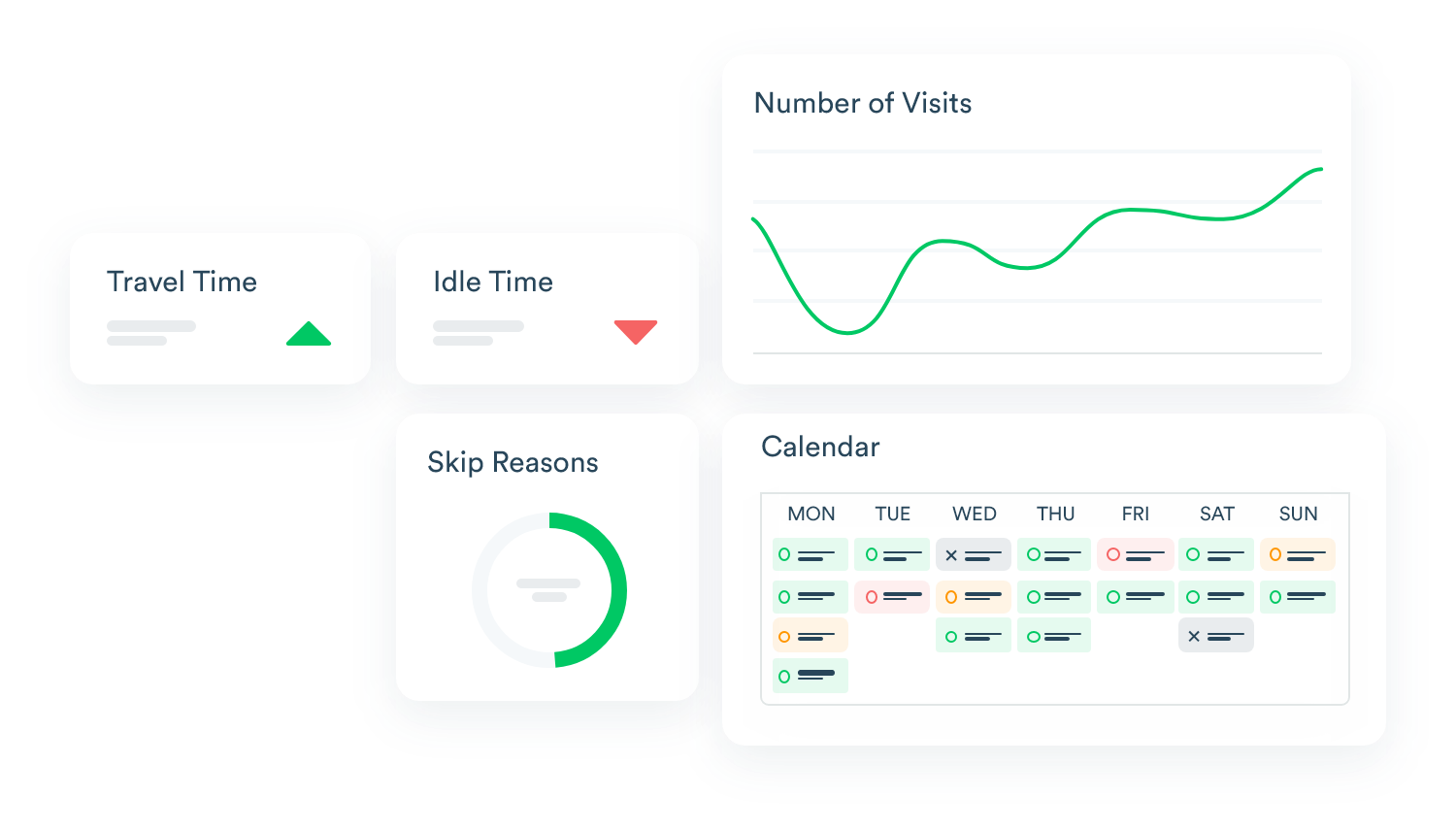The role of market research is inestimably important, particularly for decision-making in today’s fast-paced and competitive business landscape where market intelligence can make or break a company.
The insights gathered and derived from such research activities can turn businesses around whether in launching a new product, entering a new market, or understanding customer preferences. Traditional market research methods have evolved significantly at an impressive pace, giving rise to data-driven approaches that offer more precise and actionable insights.
In this article, we will explore innovative market research trends, comparing traditional methods with modern data-driven techniques, and discuss the future of market research with some of recommendations. Enjoy the blog!
Traditional Market Research vs. Data-Driven Approaches
We’ve written about this in a previous blog post. Traditional market research methods, such as surveys, focus groups, and interviews, have been the backbone of market analysis for decades and the fundamentals on which market research has evolved. These methods involve collecting qualitative and quantitative data directly from consumers to understand their behaviors, preferences, and motivations. While effective, these traditional methods have limitations, including time-consuming processes, high costs, inaccurate representation and potential biases.
On the other hand, data-driven approaches leverage advanced technologies to collect, analyze, and interpret vast amounts of data. These methods include web analytics, social media monitoring, and customer relationship management (CRM) systems. Data-driven approaches offer several advantages, such as real-time insights, scalability, and the ability to identify patterns and trends that may not be evident through traditional methods. However, they also require significant investments in technology and skilled personnel to interpret the data effectively.
The Role of Mystery Shopping in Market Research
Mystery shopping is a unique and valuable method of market research that involves hiring individuals to pose as regular customers and evaluate the quality of service, product offerings, and overall customer experience. This approach provides businesses with an unbiased view of their operations from a customer’s perspective.
Mystery shopping has proven particularly effective in retail execution, where businesses need to ensure that their (or their reseller’s) stores meet brand standards and deliver a consistent customer experience. For instance, a retail chain might use mystery shoppers to assess the cleanliness of their stores, the friendliness of their staff, the conformity of promotions and the availability of products. The insights gained from mystery shopping can help businesses identify areas of improvement and implement changes to enhance customer loyalty and satisfaction.
Leveraging Technology in Market Analysis
The advent of modern technologies has revolutionized market research by enabling advanced and quick methods for sophisticated data collection and more rigorous analysis techniques. Artificial intelligence (AI) and machine learning, in particular, have become powerful tools for gaining deeper insights into consumer behavior and market trends.
AI and Machine Learning Applications
- Natural Language Processing (NLP): NLP algorithms can analyze vast amounts of text data from social media, customer reviews, and online forums to identify sentiment, trends, and emerging issues. This helps businesses gauge public opinion, detect rising trends and tailor their strategies accordingly.
- Predictive Analytics: Machine learning models can predict future trends and behaviors based on historical data. For example, retailers can use predictive analytics to forecast demand for specific products, optimize inventory levels, and prevent stockouts.
- Customer Segmentation: AI-driven customer segmentation allows businesses to group customers based on their behaviors, preferences, and demographics. This enables personalized marketing campaigns and improves customer targeting.
Like what your reading?
Take a moment to subscribe before continuing and never miss out on exclusive insights, news, and case studies.
The Power of Data-Driven Insights
Data-driven market research tools provide businesses with actionable insights that drive strategic decision-making. These tools aggregate and analyze data from multiple sources, offering a comprehensive view of market dynamics and customer preferences.
Benefits of Data-Driven Insights
- Informed Decision-Making: Data-driven insights enable businesses to make informed decisions based on accurate and up-to-date information. This minimizes risks, sets realistic expectations and increases the likelihood of success.
- Competitive Advantage: Businesses that leverage data-driven insights can identify opportunities and threats faster than their competitors, allowing them to stay ahead in the market.
- Efficiency and Cost Savings: Automated data collection and analysis reduce the time and resources required for market research, resulting in cost savings and improved operational efficiency.
Annual revenue of the market research industry
Future Trends in Market Research
The field of market research is continuously evolving, with emerging technologies and methodologies shaping its future. Here are some trends to keep an eye on:
Big Data and Predictive Analytics
The integration of big data and predictive analytics will become increasingly prevalent in market research. Businesses will harness the power of massive datasets to gain deeper insights into consumer behavior, market trends, and competitive dynamics.
Real-Time Feedback and Continuous Monitoring
Advancements in technology will enable real-time feedback and continuous monitoring of customer interactions. Businesses will be able to gather instant insights and respond with lightning speed to changing market conditions swiftly.
Integration of Virtual Reality (VR) and Augmented Reality (AR)
VR and AR technologies will revolutionize market research by providing immersive experiences for customers. Businesses can use these technologies to conduct virtual focus groups, simulate product interactions, and gather valuable feedback in a highly engaging manner that eliminates the restriction of traditional methods.
Conclusion
To sum things up, market research is essential for businesses to monitor their ecosystem, make informed decisions and stay competitive in today’s dynamic marketplace. While traditional methods have their merits, data-driven approaches offer more precise and actionable insights. By choosing the best of both worlds and combining the methods that suit your brand you can expect a good payoff.
With that said, adopting innovative approaches to market research is not just a trend but a necessity for businesses aiming to thrive in the digital age. Leveraging technologies such as AI and machine learning, businesses can unlock the full potential of market research and gain a competitive edge adding the missing piece to the traditional methods.
If you’re ready to take your market research to the next level, consider integrating these advanced techniques into your strategy and book your demo with us to discover cutting-edge tools that will revolutionize the way you gather data and make decisions, the way you manage your field team, the way you optimize your operations and the way you succeed with your business.



